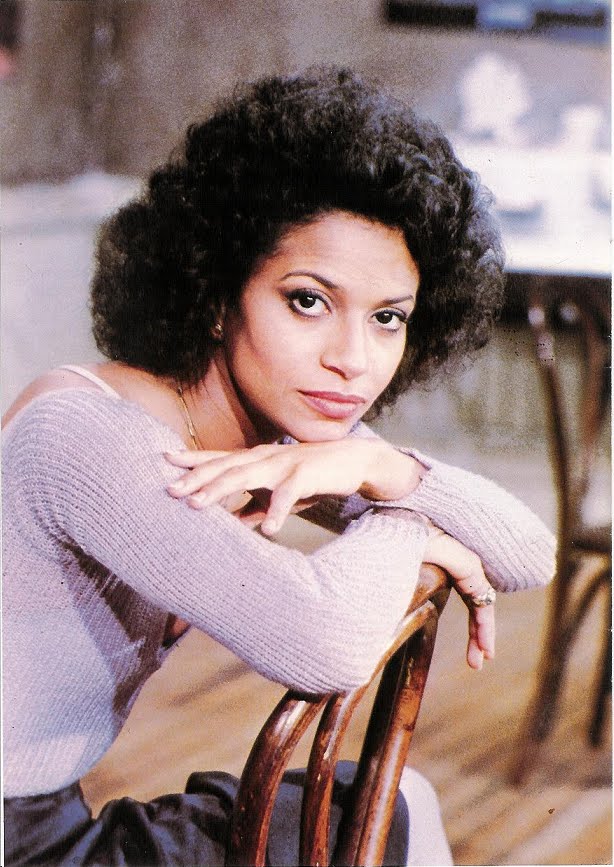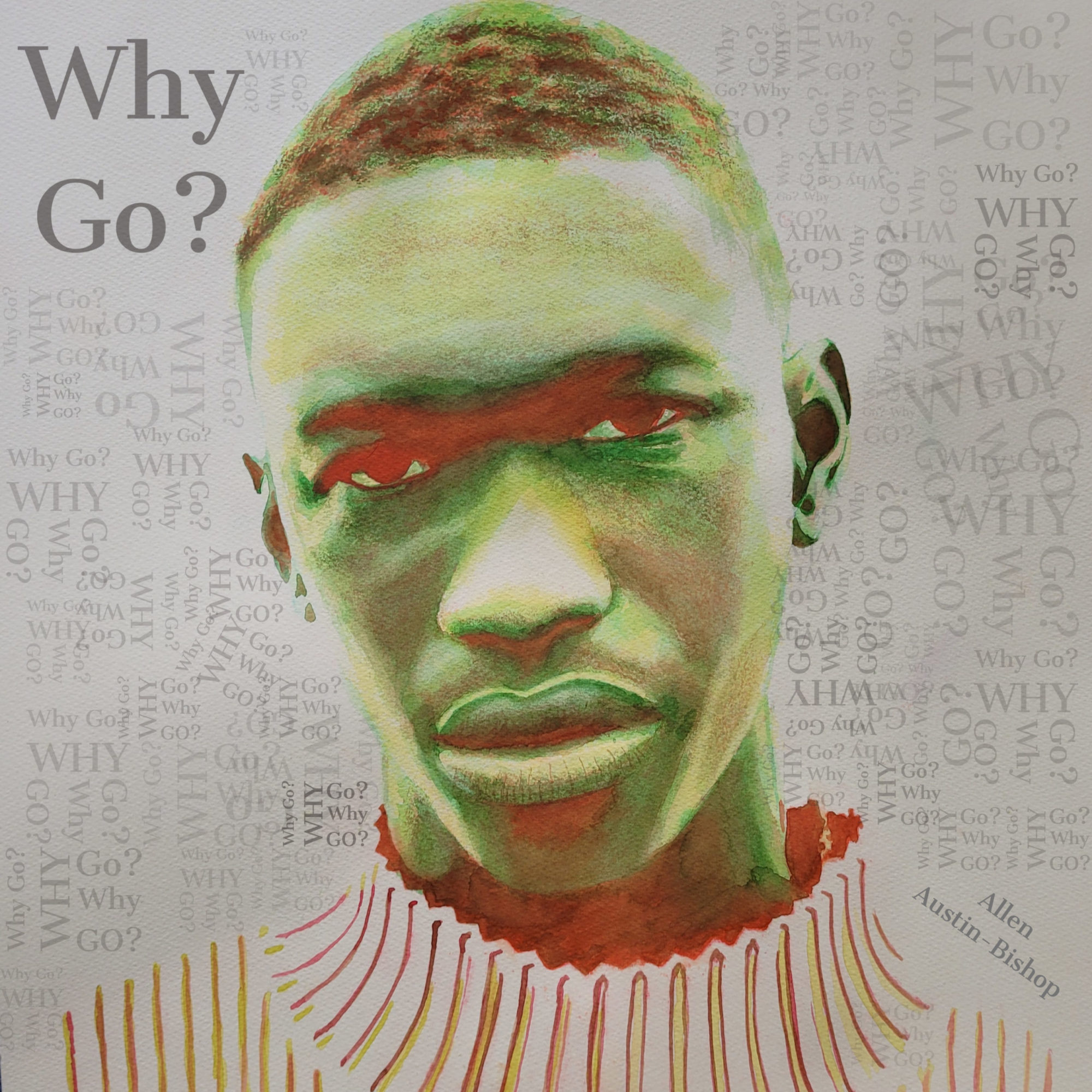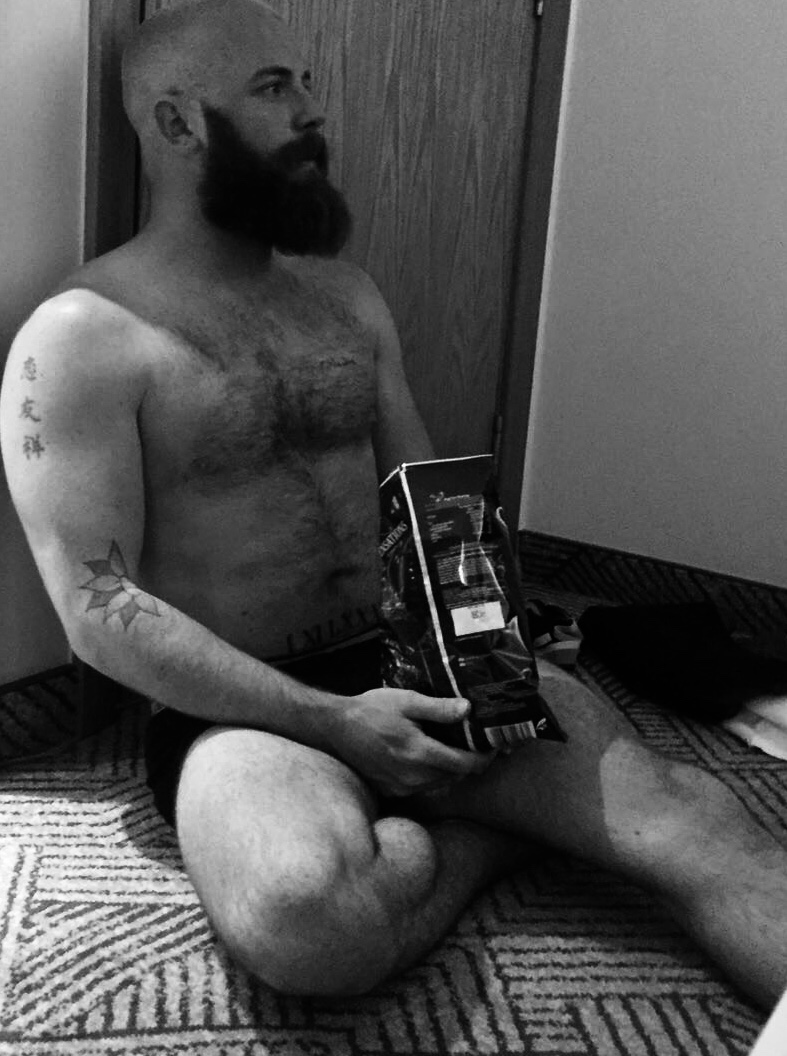 Every time I watched Fame and heard Debbie Allen encouragingly tell her pupils, week after week, “You want fame? Well, fame costs. And right here is where you start paying … in sweat.” My first thought was – mind your friggin’ business! a) I don’t want fame, and b) only the morbidly obese sweat.’
Every time I watched Fame and heard Debbie Allen encouragingly tell her pupils, week after week, “You want fame? Well, fame costs. And right here is where you start paying … in sweat.” My first thought was – mind your friggin’ business! a) I don’t want fame, and b) only the morbidly obese sweat.’
I know that in her heart, Debbie was trying her best to offer inspiration, guidance and a good kick up the arse for her United Colors of Benetton band of misfits. However, one thing Ms Debbie never did was to tell her students that they were crap (although in hindsight, someone should have laid down that truth on those songwriters – have you listened to ‘High Fidelity’ and ‘Mannequin’ lately)?. In this, Ms Debbie was living up to the age-old adage….
DON’T PROVIDE A CRITIQUE UNLESS YOU’VE BEEN INVITED TO DO SO
Never, ever critique someone’s work unless you are asked. If you start a sentence with, ‘if you want my opinion’, you are asking to loose friends, family members, or your job. If you are absolutely dying to critique something, or give advice, the best way to do this is to ask pertinent questions to allow the person on the receiving end of your meddling to find solutions for themselves. Doing it this way will also allow you to seem less patronising, giving the illusion that you don’t have all the answers (which of course you do).
You should frame the questions around the five Ws: what, when, why, who, and how (yes, I know, but ‘how’ ends in a w). Your W questions stand the best chance of being effective if they are specific. For example:
- What the hell were you thinking when you wrote that?
- When are you going to get a grip and learn how to write dialogue?
- Why are you so stupid and why haven’t you listened to my advice I’ve given you? Or, Why do you think you write sh**ty dialogue like that?
- Who in the hell do you think you are not listening to the advice I’ve given you?
- How can I help you when you won’t help yourself and listen to the advice that I’ve given you?
REMEMBER YOU’RE CRITIQUING THE PIECE OF WORK, NOT THE PERSON
The following is true story that I made up for this blog.
Back in 1980, when I was auditioning to get into New York School for Performing Arts, I met my current BFFs Doris, Coco, Bruno and Danny. Of course, I got into the school and from that point onwards, my high school experience was one big dance number. One minute we’d be eating our lunch in the canteen, and the next, from out of nowhere, a pianist would start banging out an unknown tune, to which Coco would start singing, flawlessly making up the words as she went along, while the rest of the school would join in with an unrehearsed, impromptu dance number.
In my senior year, I had been offered a spot in the Alvin Ailey dance company. In order for my acceptance to be final, I needed to graduate – which was not looking good as I had found out that Mrs Robinson, my English teacher had failed my final essay, ‘Spiderman: Fact or Fiction’ and I would not be graduating. Looking to confront Mrs Robinson, I miraculously found her at a local hospital where her husband’s was recovering from a heart attack. One thing led to another and several hours later, we found ourselves in my bed exhausted from our love-making (it was fortuitous that I had turned 18 two days beforehand). Falling into my arms Mrs Robinson, proclaimed, ‘That was out of this world! For that you get an A+, I looked lovingly into her eyes and replied, ‘But I didn’t think you even liked me’. Smiling, Mrs Robinson said, ‘I was talking about your performance during the shag. For that you get an A+….. outside that, I still think you’re a prick.’
DON’T BE VAGUE WHEN MAKING SUGGESTIONS FOR IMPROVEMENT
I don’t want to be too harsh on Mrs Robinson. In her defence, she did what any good critiquer should do – she used positive language, started her critique on the strengths, and then addressed the weak and/or problems areas. But, looking back, I think that Mrs Robinson could have given a clearer indication on how on I could improve. Wouldn’t it have been better if Mrs Robinson gave me comments that didn’t leave me guessing on what she was trying to convey? Instead, I’m left with the fact that I don’t know the scale of her criticism.
To this day, I still don’t whether am I a big prick, or a little prick? I guess only time will tell.

 That’s how she started each day, and ended each evening. An empty spot at the dinner table, the empty space in bed, those were her stark reminders. Mother, as she called her, had died some time ago. And, while she desperately tried to hold onto the memories – her childhood, her adulthood – they soon faded. The fading memories making her loneliness even greater. Nothing to cling to, but the present.
That’s how she started each day, and ended each evening. An empty spot at the dinner table, the empty space in bed, those were her stark reminders. Mother, as she called her, had died some time ago. And, while she desperately tried to hold onto the memories – her childhood, her adulthood – they soon faded. The fading memories making her loneliness even greater. Nothing to cling to, but the present. TO TRAIN OR NOT TO TRAIN? THAT IS THE QUESTION
TO TRAIN OR NOT TO TRAIN? THAT IS THE QUESTION Every time I watched Fame and heard Debbie Allen encouragingly tell her pupils, week after week, “You want fame? Well, fame costs. And right here is where you start paying … in sweat.” My first thought was – mind your friggin’ business! a) I don’t want fame, and b) only the morbidly obese sweat.’
Every time I watched Fame and heard Debbie Allen encouragingly tell her pupils, week after week, “You want fame? Well, fame costs. And right here is where you start paying … in sweat.” My first thought was – mind your friggin’ business! a) I don’t want fame, and b) only the morbidly obese sweat.’